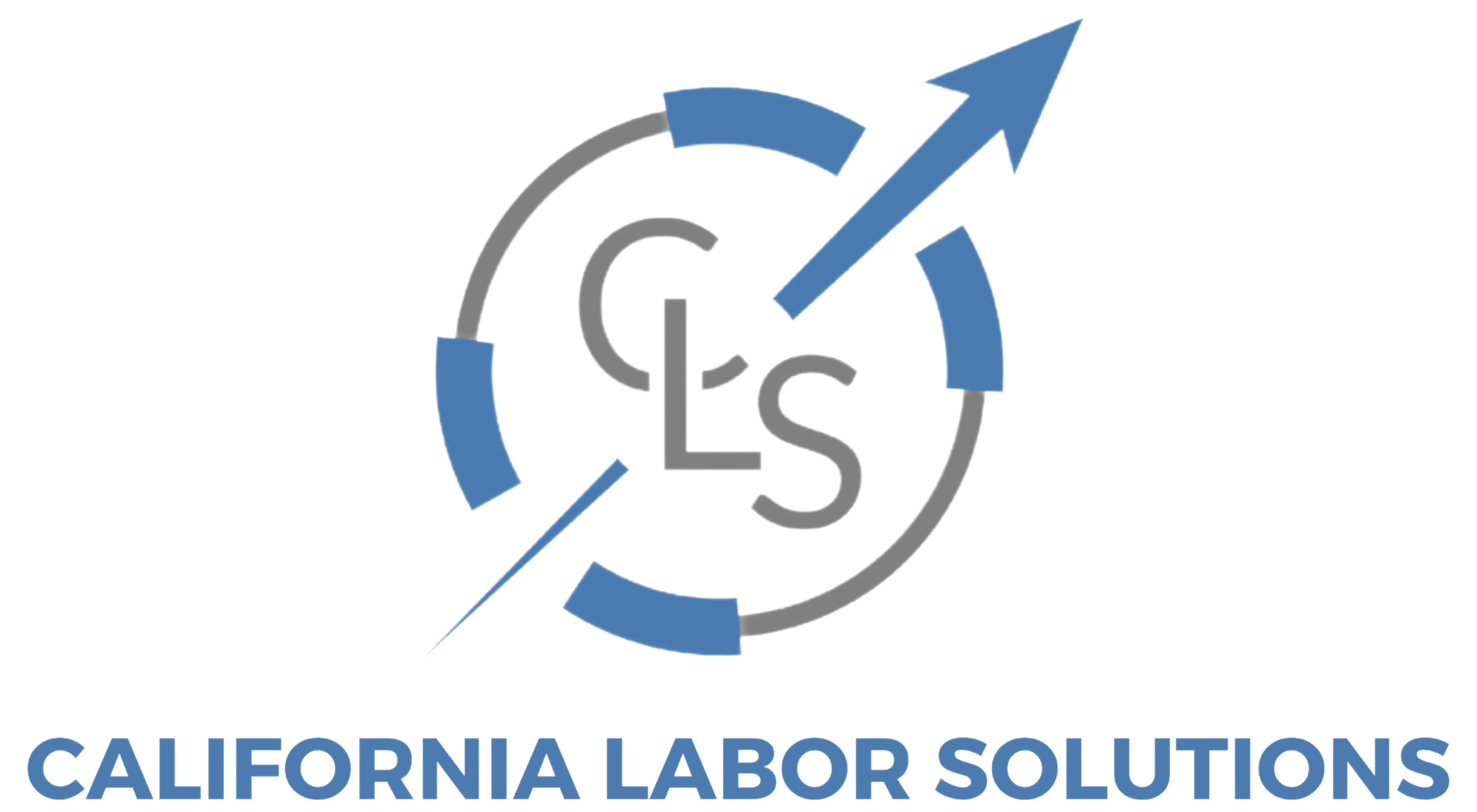California labor law imposes some of the most demanding rules in the country. Employers must actively monitor changes, implement clear policies, and train staff to avoid penalties and lawsuits. From wages to worker classification and termination procedures, staying compliant helps you protect your business and your workforce.
1. Follow Wage and Hour Rules
California sets high standards for wages and work hours—and it expects employers to meet them.
What You Must Do:
-
Pay the correct minimum wage: $16/hour statewide in 2024, with some cities requiring more.
-
Calculate overtime accurately: 1.5x after 8 hours/day or 40/week; 2x after 12 hours.
-
Give proper breaks: Provide a 30-minute unpaid meal break after 5 hours, and a 10-minute paid rest break every 4 hours worked.
Missteps can lead to back pay claims, penalties, and class actions. Take these rules seriously.
2. Classify Employees Properly
Misclassification remains one of the most common—and costly—mistakes employers make.
-
Use the ABC Test to determine whether a worker is an employee or a contractor.
-
Don’t rely on job titles—exempt status depends on duties and salary thresholds.
-
Reevaluate roles periodically, especially when job responsibilities shift.
Improper classification can result in wage claims, tax liabilities, and lawsuits.
3. Provide Required Paid Leave
California law mandates several types of paid and protected leave.
Make Sure You:
-
Offer paid sick leave: At least 24 hours per year for most workers.
-
Comply with CFRA: Grant up to 12 weeks of unpaid, job-protected leave.
-
Allow pregnancy disability leave: Up to 4 months when medically necessary.
Communicate leave policies clearly. Employees should know what they’re entitled to and how to request it.
4. Prevent Discrimination and Harassment
You must take proactive steps to maintain a respectful, inclusive workplace.
-
Follow the Fair Employment and Housing Act (FEHA) to prevent discrimination.
-
Train your team: Supervisors and employees must complete harassment prevention training (if you have 5+ employees).
-
Investigate complaints immediately and document the entire process.
Respond quickly and thoroughly to complaints to limit risk and foster trust.
5. Pay Employees on Time After Termination
California sets strict rules for final paychecks—and it doesn’t give you wiggle room.
-
Fired employees: Pay immediately at the time of termination.
-
Resigned with notice: Pay on their last day.
-
Resigned without notice: Pay within 72 hours.
Include all wages, unused vacation, and bonuses. Miss the deadline, and you may owe waiting time penalties.
Get Compliance Right with California Labor Solutions
You don’t have to manage California labor law alone. At California Labor Solutions, we guide employers through:
-
Legal workplace investigations
-
Employee relations challenges
-
Wage and hour compliance
-
HR audits and consulting
Don’t wait for a complaint to fix your policies. Visit www.californialaborsolutions.com to protect your business and support your team.

